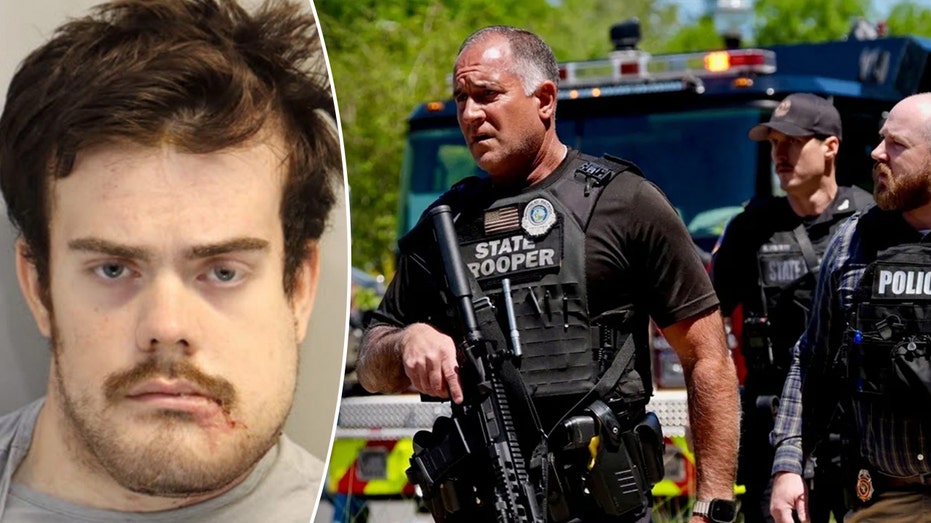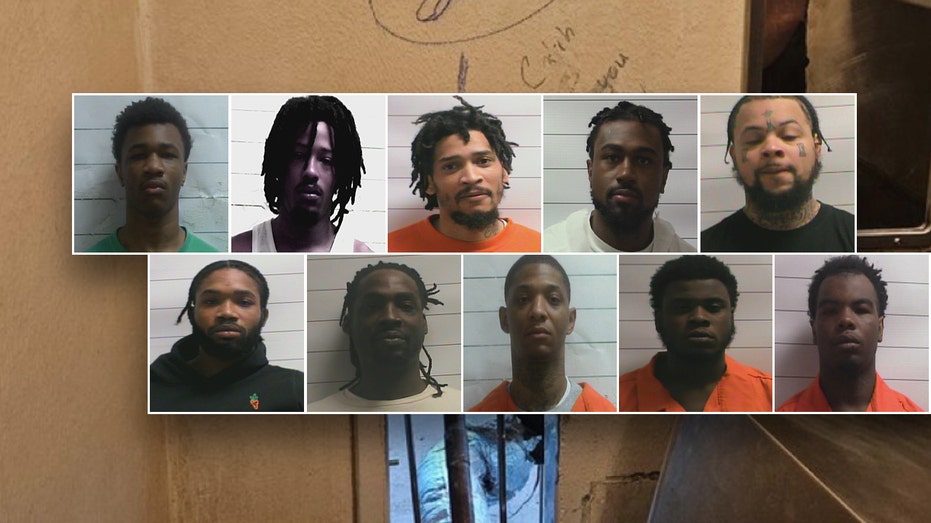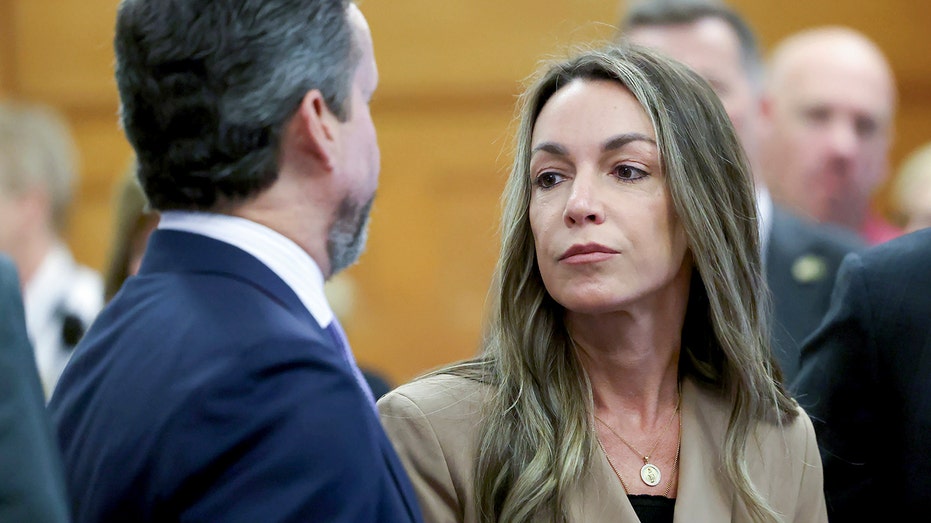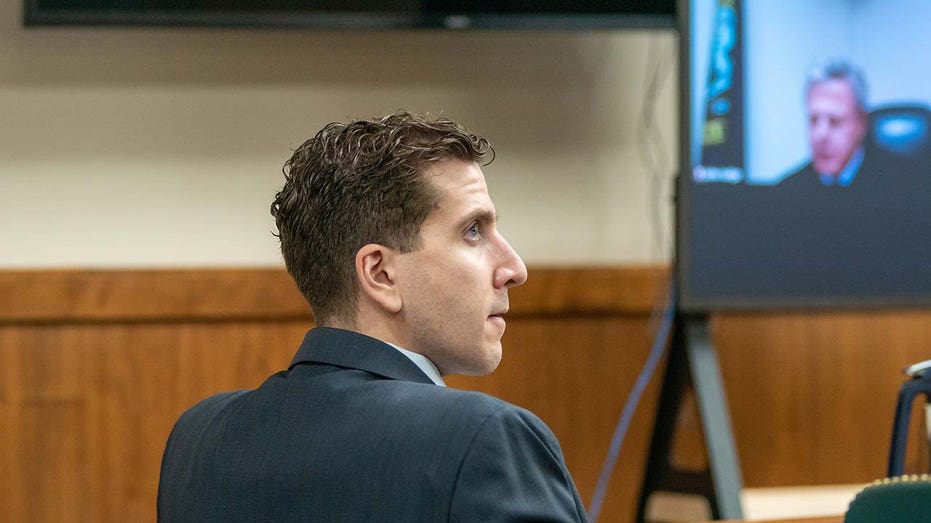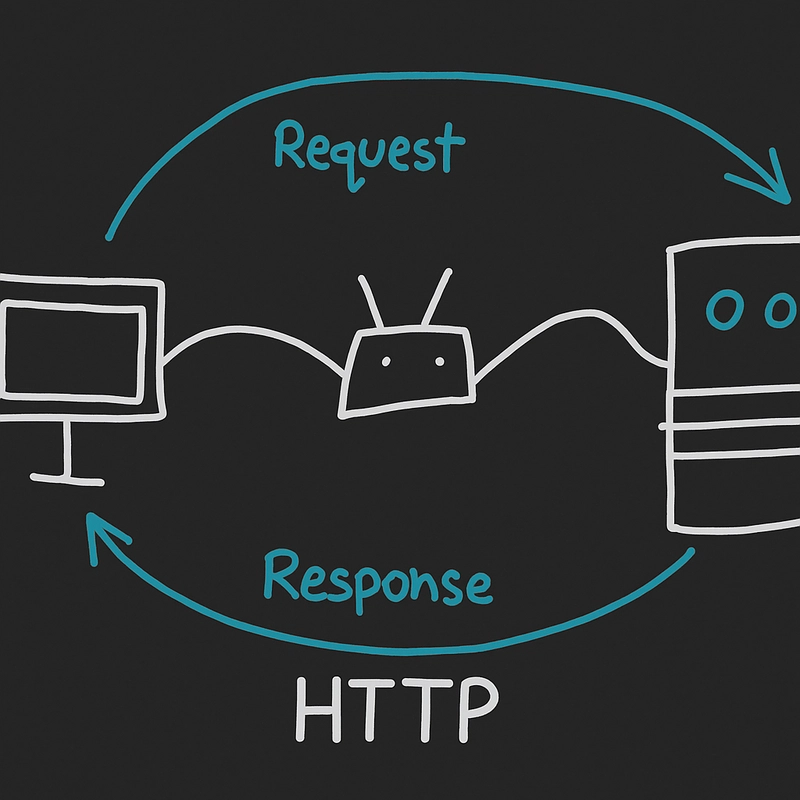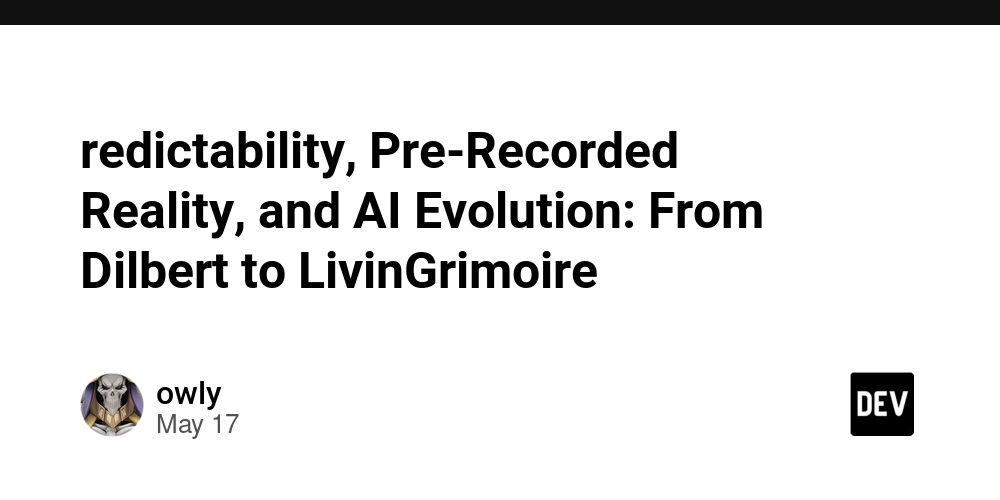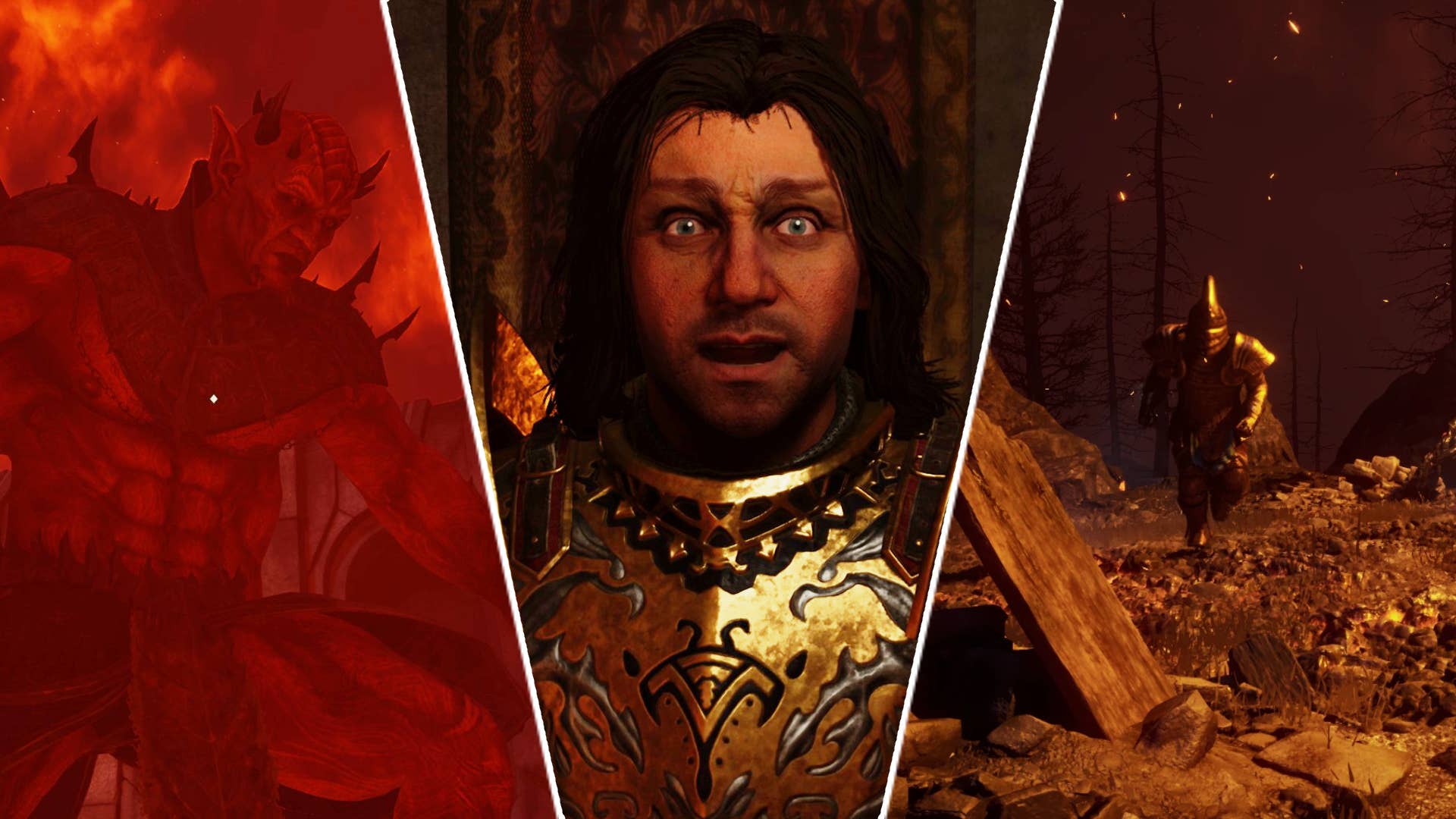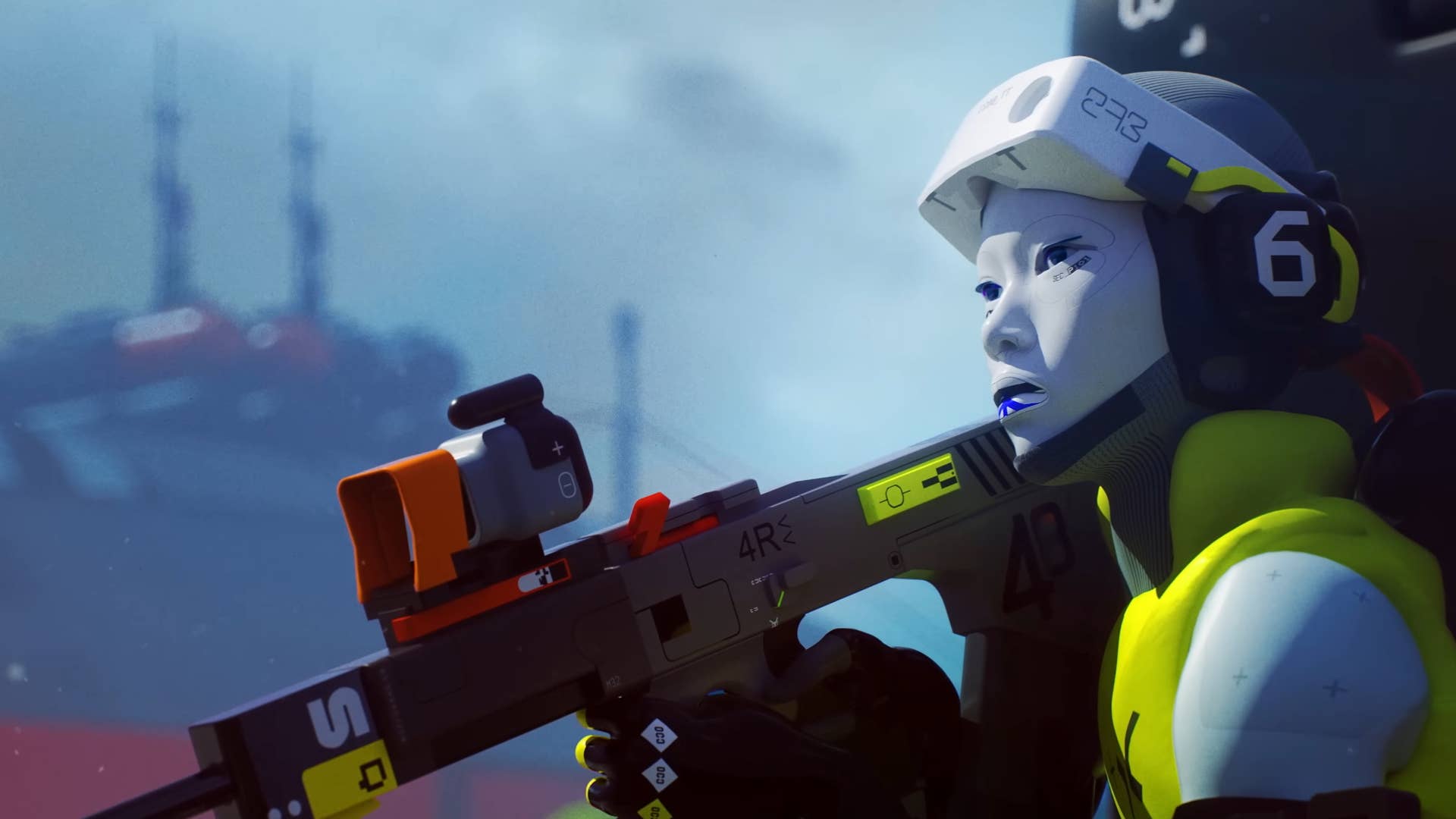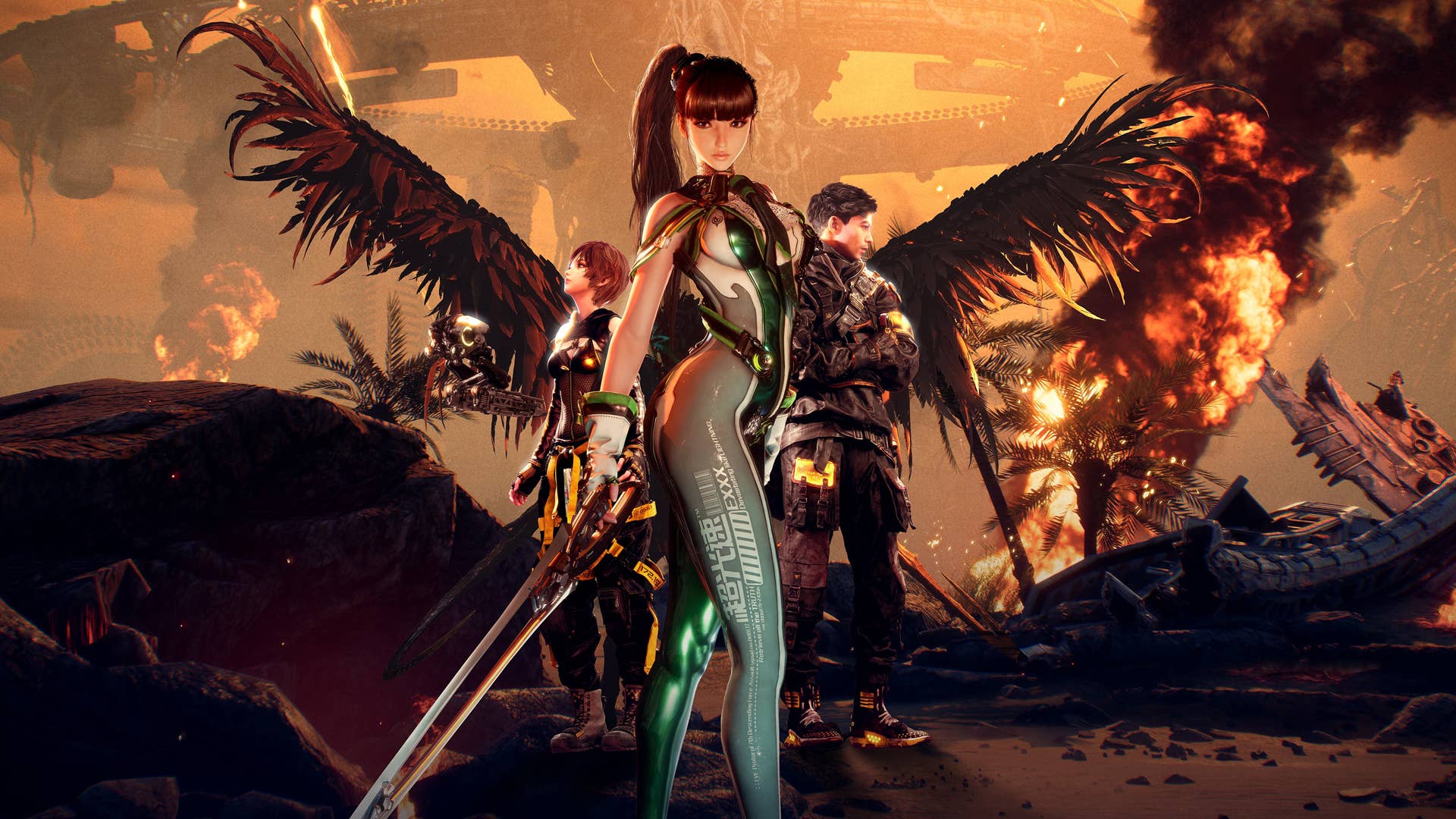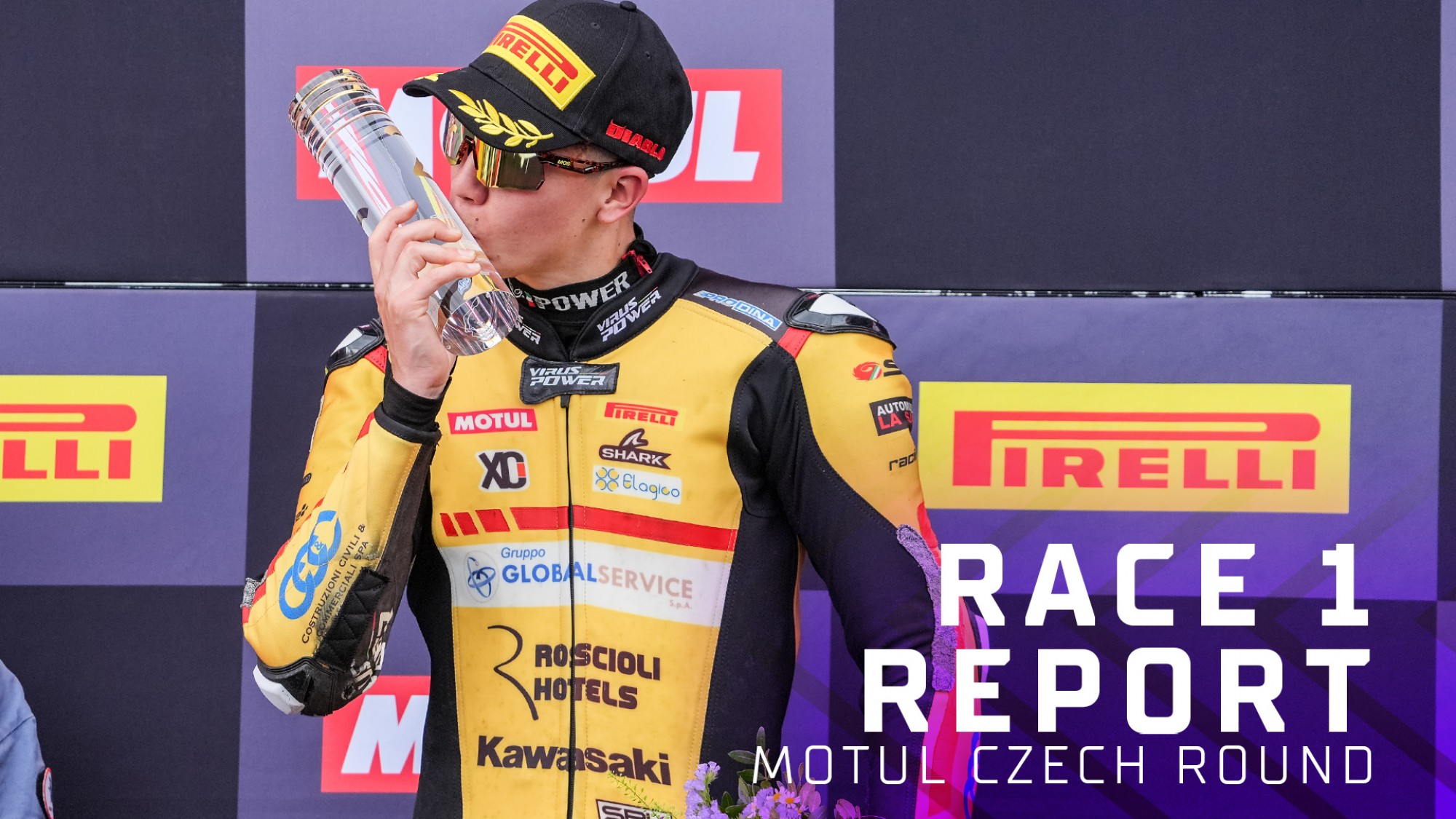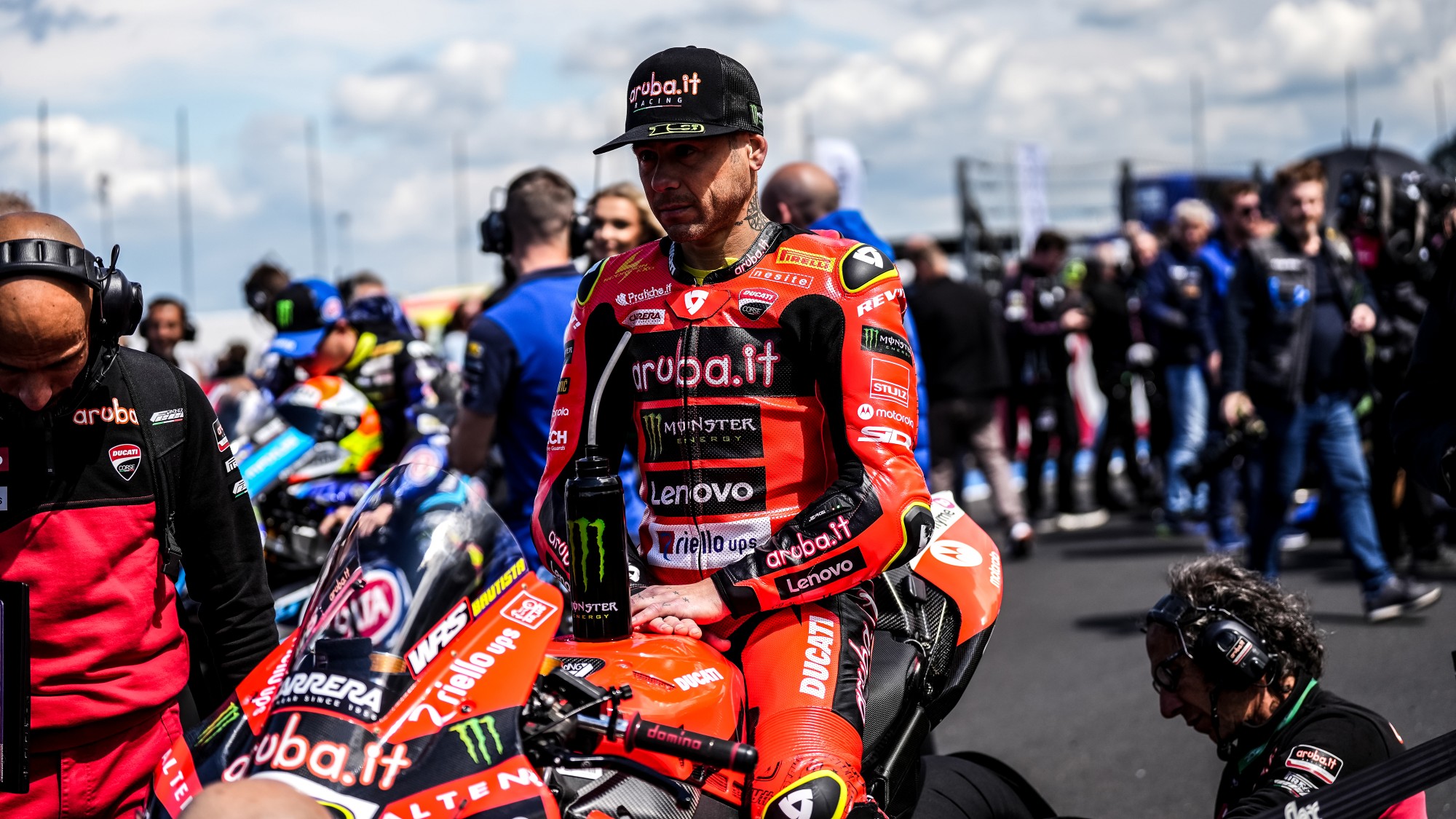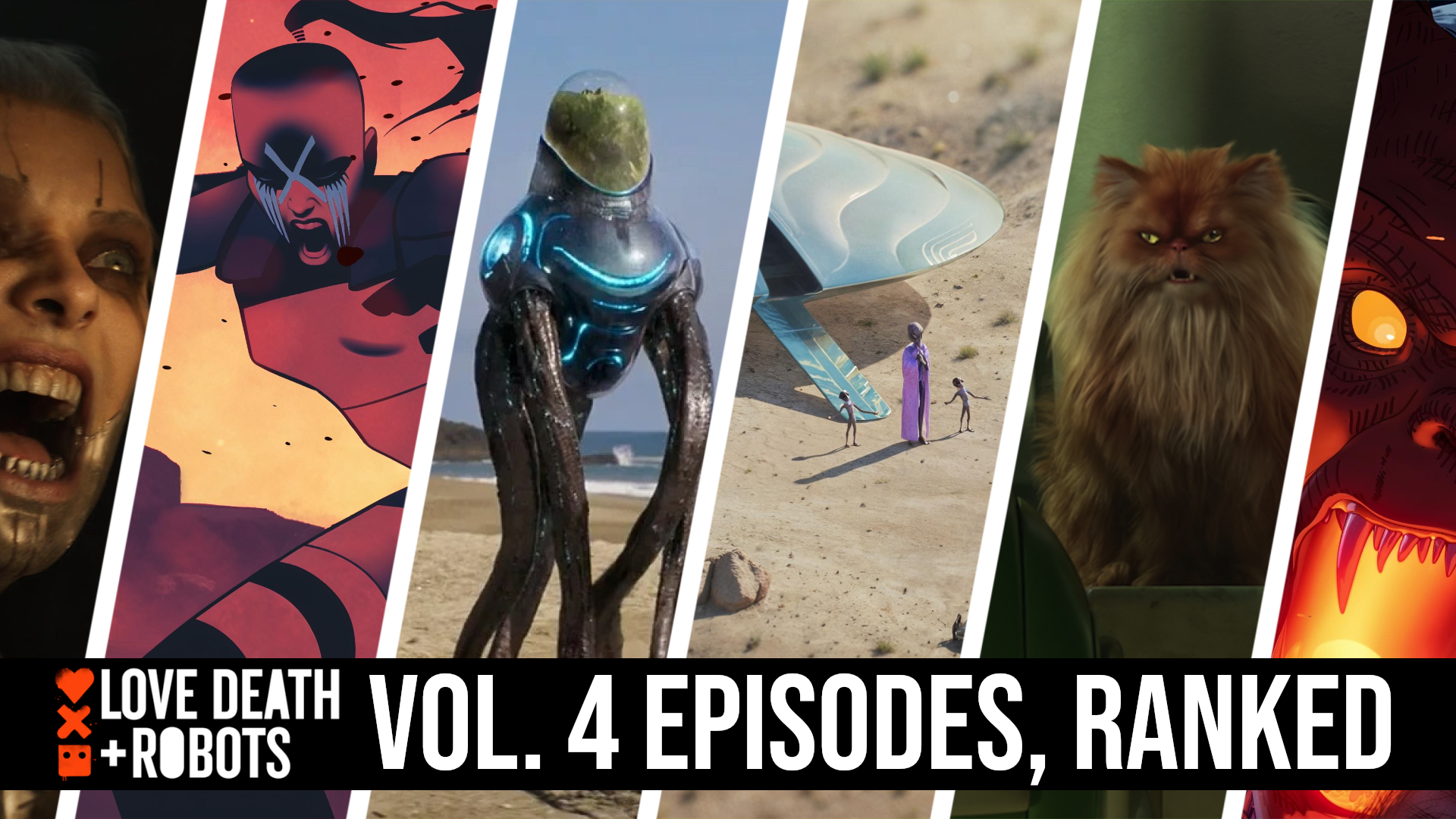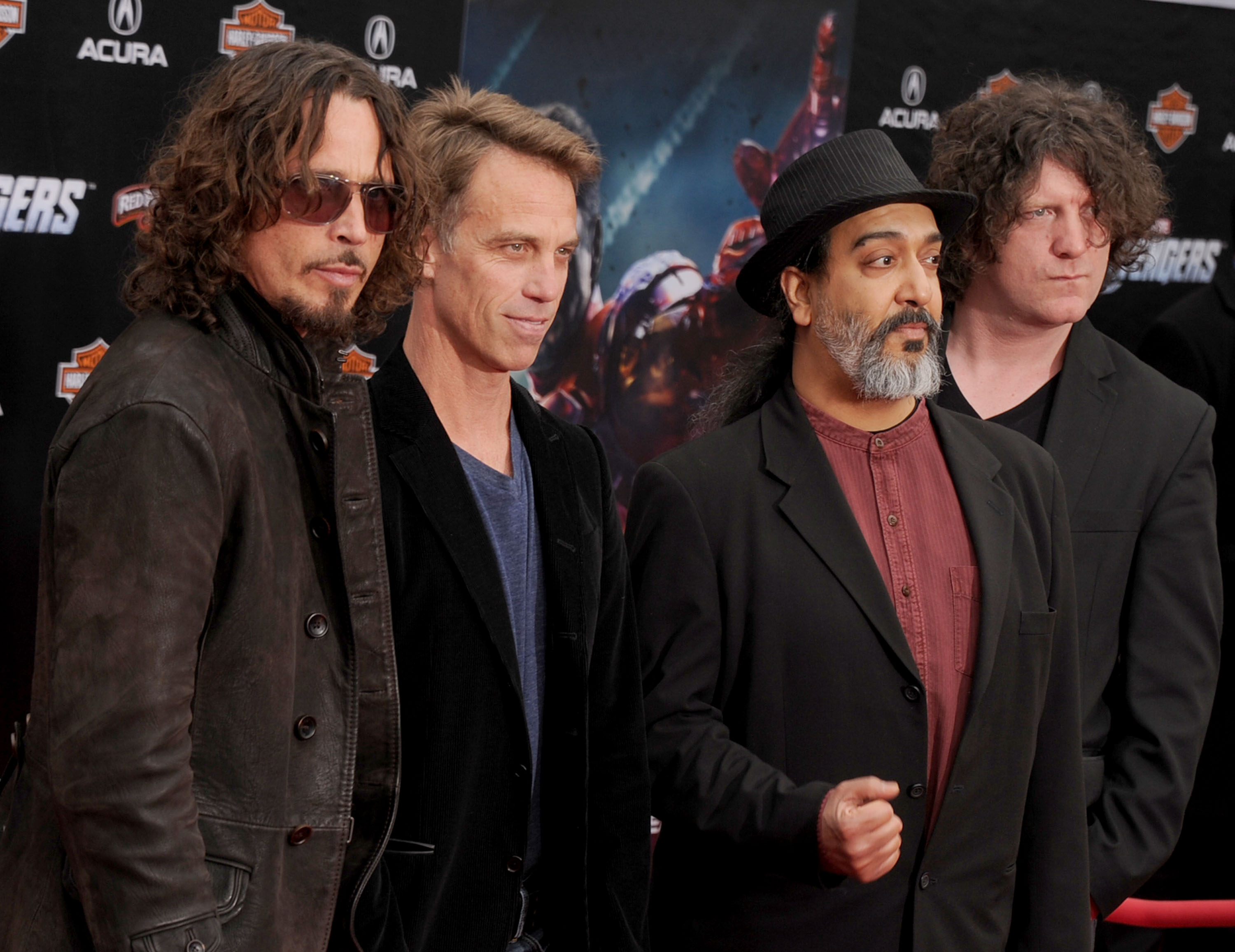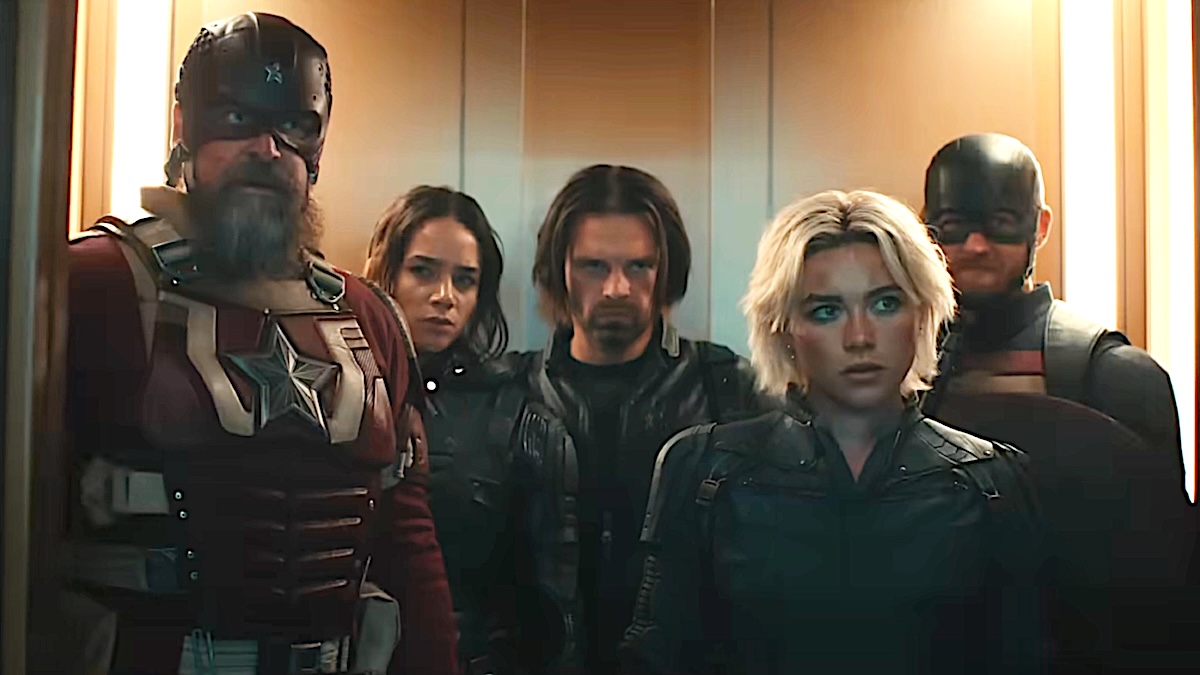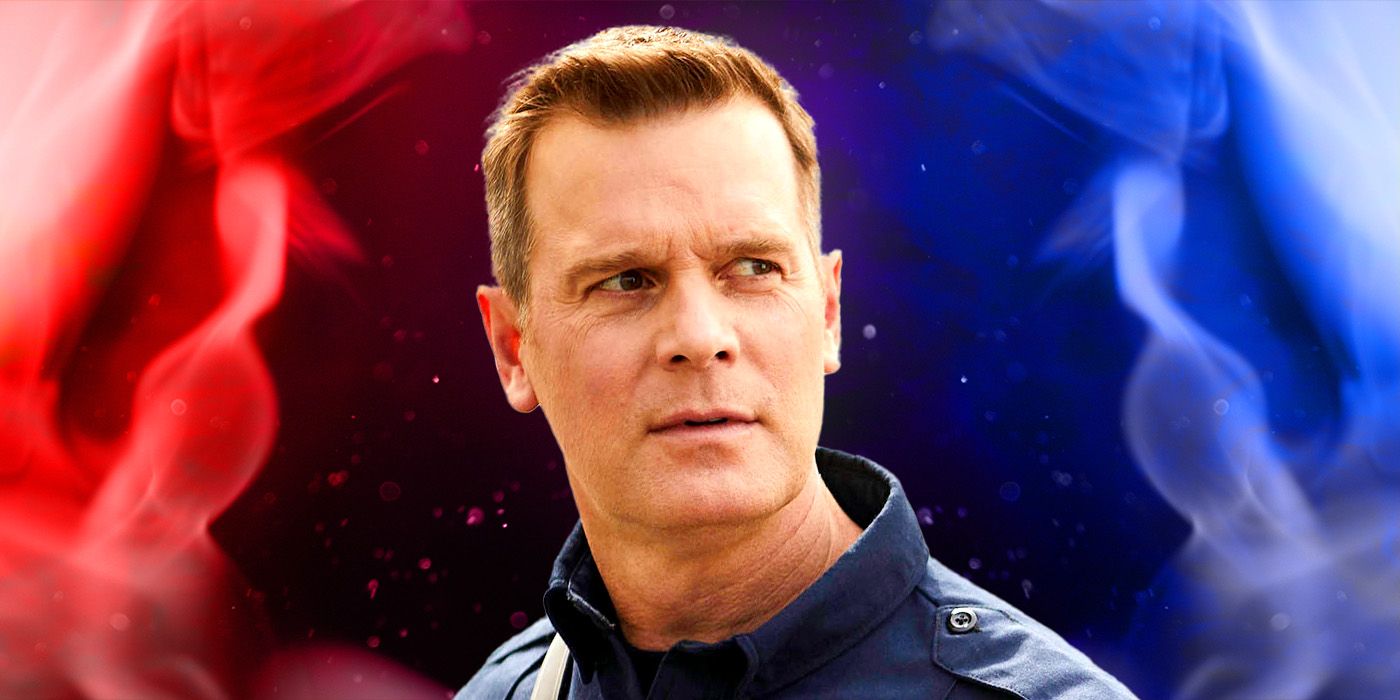Tony Gilroy Opens Up About ANDOR's Poignant Series Finale and the Shocking Legacy Cassian Leaves Behind
Tony Gilroy always had a finish line in sight. From day one, Andor was meant to walk us straight into the opening frames of Rogue One. The final stretch of episodes not only deliver on that promise, but they also carve a heartbreaking, human path that reshapes how we view Cassian Andor’s fate. As the series ends, Gilroy finally offers insight into what it took to thread this story into the larger galaxy, and why hope had to be the last thing left standing.Gilroy told Variety: “I was pleasantly shocked as we started to work out the cause and effect of what happened. That shit laid down really clean.” He’s referring to how naturally the show’s final arc aligned with Rogue One’s setup, something he once dreaded. “It presented itself without the incredible amount of effort that was anticipated.”The final three episodes of Andor unfold in the days just before the events of Rogue One. In Episode 10, “Make It Stop,” we witness the dominoes start to fall. Luthen Rael, the shadowy architect of the Rebellion, discovers Galen Erso's existence and the looming threat of the Death Star. But his attempt to sever ties with the Rebel network is quickly interrupted when Imperial officer Dedra Meero corners him. In a shocking moment, Luthen attempts suicide to avoid capture, forcing his loyal companion Kleya to infiltrate a hospital and quietly remove him from life support, sparing the Rebellion from potential exposure.While that episode is packed with tension and reveals, Gilroy sees it differently. “Episode 10 is its own thing, really, a special temple. It’ll be interesting to see how it lands with people.”In Episode 11, “Who Else Knows?,” the series shifts gears into heist mode. Cassian is on a desperate mission to rescue Kleya from Coruscant, with the Empire breathing down their necks. The cat-and-mouse tension reaches a fever pitch in the finale, “Jedha, Kyber, Erso,” which shows Cassian returning to Yavin IV with crucial intelligence. While the Alliance Council, led by Bail Organa and Mon Mothma, debates what to do, Cassian shares a quiet, powerful moment with Vel Martha remembering the fallen and reflecting on how far they’ve come.But Gilroy wasn’t aiming for a bombastic finish. “I wasn’t worried about driving 12,” he admits. “It’s a very different energy. We didn’t want to kick it, no.” Instead, the finale slows down, letting the characters breathe. “The scene between Vel and Cassian to me is just worth its weight in gold. I normally like to keep my foot on the gas... but I didn’t really want to have that speedometer on Episode 12.”The final gut-punch comes in the closing shot. Cassian’s former partner, Bix, now holds his infant child… their child. The reveal is subtle but loaded. It reframes Bix’s heartbreaking decision to leave Cassian back in Episode 9 and adds new emotional layer to the sacrifice he’ll soon make in Rogue One.“I just could not ever envision the possibility of not being hopeful,” Gilroy says. “I know it’s a cheesy T-shirt kind of idea, but there has to be something hopeful. There has to be a candle.” He always had the idea of the child “in his back pocket,” not as a franchise setup, but as emotional closure. “That does three things for me... It makes his sacrifice just that much more epically painful... and it also lets me have hope at the end. It gives me an open door... to a real feeling for the audience.”Of course, that open door invites speculation, will we see a story about Bix and Cassian’s child someday? Gilroy doesn’t rule it out, but he’s stepping back. “I think I did my thing here,” he says, before adding, “That’s how I feel today.”As for whether a show like Andor would even get greenlit in today’s streaming climate? Gilroy is unsure. “The practical way we made the show on the scale we made it, that might be more in jeopardy... I think AI and volumetric filmmaking will get much more sophisticated. I don’t know whether anybody’s going to do an old-school kind of show the way we made it.”In the end, Andor stands as one of the strongest and most mature entries in Star Wars storytelling. It’s a slow-burn epic about resistance, consequence, and belief. Gilroy’s final act in the series doesn’t explode, it echoes.
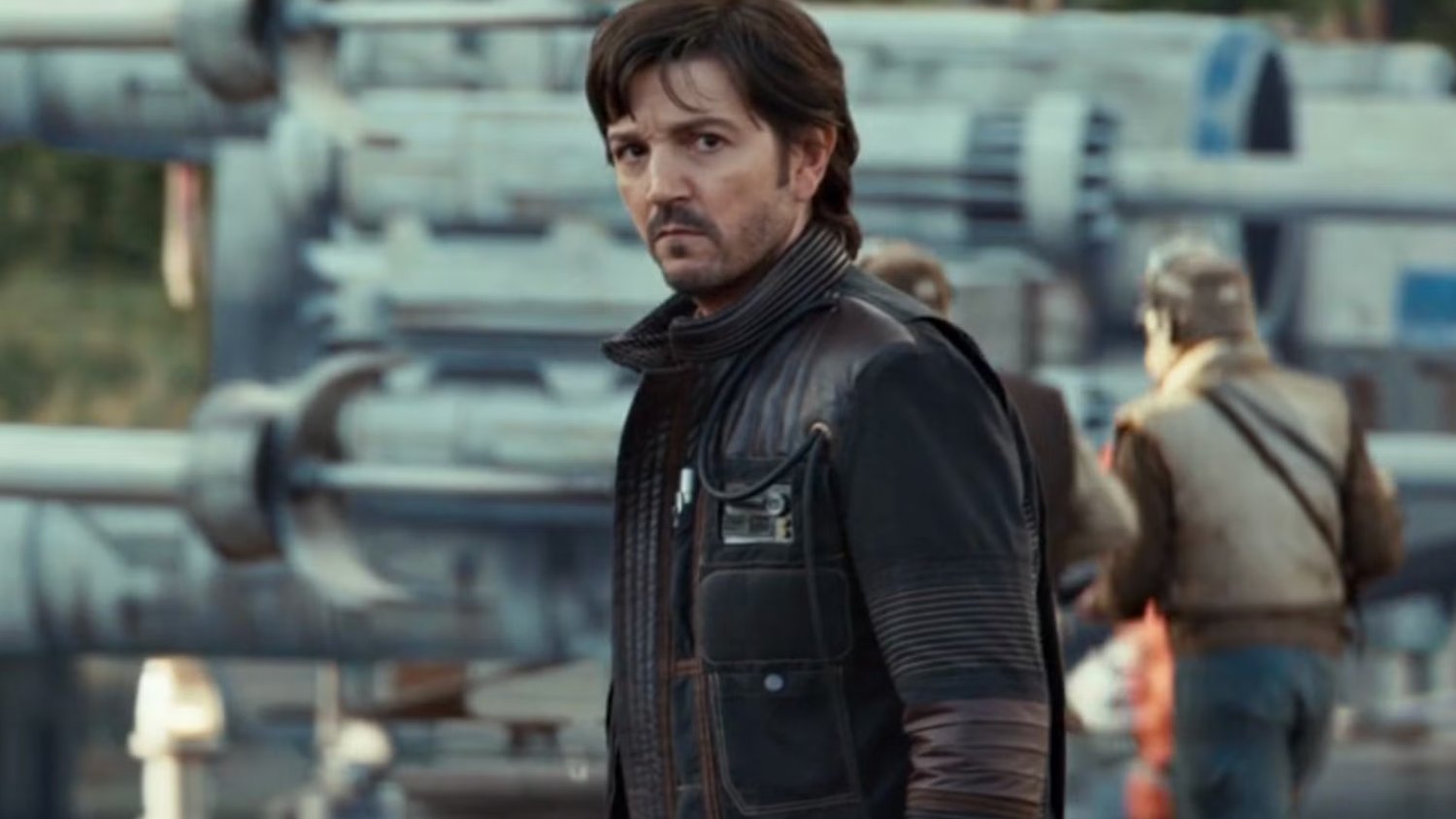
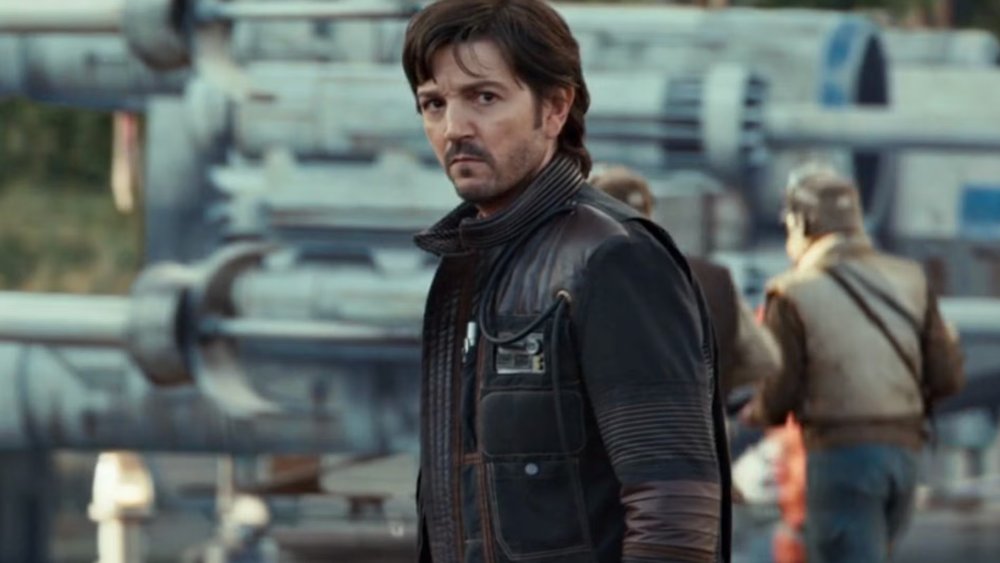
Tony Gilroy always had a finish line in sight. From day one, Andor was meant to walk us straight into the opening frames of Rogue One. The final stretch of episodes not only deliver on that promise, but they also carve a heartbreaking, human path that reshapes how we view Cassian Andor’s fate.
As the series ends, Gilroy finally offers insight into what it took to thread this story into the larger galaxy, and why hope had to be the last thing left standing.Gilroy told Variety: “I was pleasantly shocked as we started to work out the cause and effect of what happened. That shit laid down really clean.”
He’s referring to how naturally the show’s final arc aligned with Rogue One’s setup, something he once dreaded. “It presented itself without the incredible amount of effort that was anticipated.”
The final three episodes of Andor unfold in the days just before the events of Rogue One. In Episode 10, “Make It Stop,” we witness the dominoes start to fall.
Luthen Rael, the shadowy architect of the Rebellion, discovers Galen Erso's existence and the looming threat of the Death Star. But his attempt to sever ties with the Rebel network is quickly interrupted when Imperial officer Dedra Meero corners him.
In a shocking moment, Luthen attempts suicide to avoid capture, forcing his loyal companion Kleya to infiltrate a hospital and quietly remove him from life support, sparing the Rebellion from potential exposure.
While that episode is packed with tension and reveals, Gilroy sees it differently. “Episode 10 is its own thing, really, a special temple. It’ll be interesting to see how it lands with people.”
In Episode 11, “Who Else Knows?,” the series shifts gears into heist mode. Cassian is on a desperate mission to rescue Kleya from Coruscant, with the Empire breathing down their necks.
The cat-and-mouse tension reaches a fever pitch in the finale, “Jedha, Kyber, Erso,” which shows Cassian returning to Yavin IV with crucial intelligence. While the Alliance Council, led by Bail Organa and Mon Mothma, debates what to do, Cassian shares a quiet, powerful moment with Vel Martha remembering the fallen and reflecting on how far they’ve come.
But Gilroy wasn’t aiming for a bombastic finish. “I wasn’t worried about driving 12,” he admits. “It’s a very different energy. We didn’t want to kick it, no.”
Instead, the finale slows down, letting the characters breathe. “The scene between Vel and Cassian to me is just worth its weight in gold. I normally like to keep my foot on the gas... but I didn’t really want to have that speedometer on Episode 12.”
The final gut-punch comes in the closing shot. Cassian’s former partner, Bix, now holds his infant child… their child. The reveal is subtle but loaded. It reframes Bix’s heartbreaking decision to leave Cassian back in Episode 9 and adds new emotional layer to the sacrifice he’ll soon make in Rogue One.
“I just could not ever envision the possibility of not being hopeful,” Gilroy says. “I know it’s a cheesy T-shirt kind of idea, but there has to be something hopeful. There has to be a candle.”
He always had the idea of the child “in his back pocket,” not as a franchise setup, but as emotional closure. “That does three things for me... It makes his sacrifice just that much more epically painful... and it also lets me have hope at the end. It gives me an open door... to a real feeling for the audience.”
Of course, that open door invites speculation, will we see a story about Bix and Cassian’s child someday? Gilroy doesn’t rule it out, but he’s stepping back. “I think I did my thing here,” he says, before adding, “That’s how I feel today.”
As for whether a show like Andor would even get greenlit in today’s streaming climate? Gilroy is unsure. “The practical way we made the show on the scale we made it, that might be more in jeopardy... I think AI and volumetric filmmaking will get much more sophisticated. I don’t know whether anybody’s going to do an old-school kind of show the way we made it.”
In the end, Andor stands as one of the strongest and most mature entries in Star Wars storytelling. It’s a slow-burn epic about resistance, consequence, and belief. Gilroy’s final act in the series doesn’t explode, it echoes.
